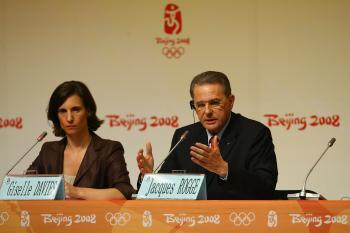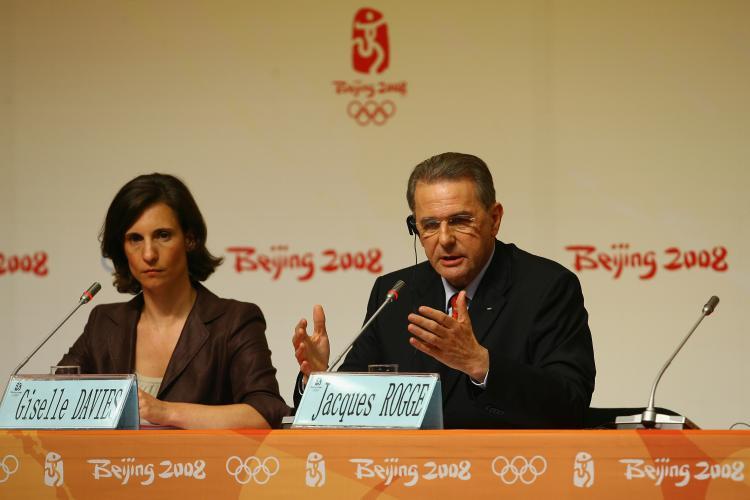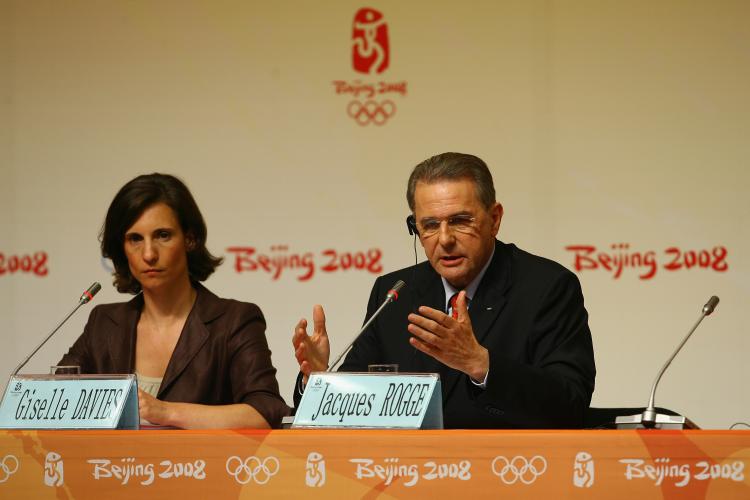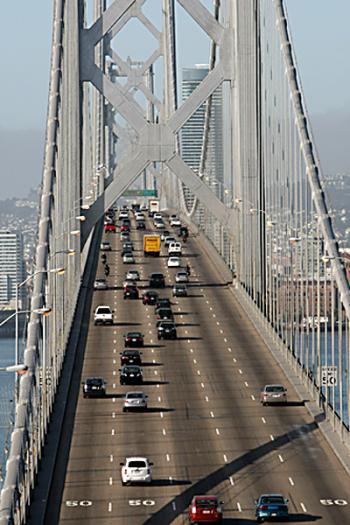The International Olympic Committee (IOC) is under fire as foreign journalists request straight answers on issues ranging from press freedom and human rights violations to air quality issues at the end of the first week of the Games.
Foreign journalists’ frustration surfaced on Friday as media pushed the IOC and Chinese Communist Party on efforts to thwart them from reporting on issues other than sport.
UK Channel 4 News chief correspondent, Alex Thompson, used a morning press conference to ask IOC Communication director Giselle Davies whether the IOC was “in any way embarrassed” by the Chinese communist regime “lying through its teeth” about keeping its promises to improve human rights and ensure full press freedom.
Davies responded by saying the IOC was pleased with the venues and the way the games were being run operationally. She avoided giving a straight answer to Thomson despite him pressing her on how the IOC felt about the “manifest failure of the Chinese government to keep their promises.”
When China was bidding for the Olympics in 2001, Wang Wei, secretary general of the Beijing Olympic committee, promised that the Chinese regime would “give the media complete freedom to report when they come to China.” China pledged to provide open access for foreign news media as a condition for winning the right to host the 2008 Olympics.
Before the games began a furore erupted over Internet censorship, that is still not resolved, and journalists have been reporting that they test censorship by typing in “Falun Gong” or “Tibet”.
Since the games have begun, Chinese police and paramilitary have roughed up a number of journalists, including Hong Kong reporters covering a ticket stampede in Beijing, Japanese journalists reporting on a bombing in the far western province of Xinjiang, and an English reporter who was forced to the ground and dragged by police when he was trying to cover a Tibet protest at the Chinese Ethnic Culture Park, adjacent to the main Olympic stadium.
“The IOC does disapprove of any attempts to hinder a journalist who is going about doing his job seemingly within the rules and regulations,” said Davies, at Thursday’s news conference, “This, we hope, has been addressed. We don’t want to see this happening again.”
Foreign journalist have repeatedly wanted to know at the daily IOC-Beijing Olympic Committee press meetings whether a single Chinese citizen had been granted permission to speak out at the specially designated three protest zones in parks around Beijing. Activists consider these zones to be an attempt by the regime to appear open while in reality the zones serve as “a trap.”
Air quality has been another contentious issue. IOC President Jacques Rogge announced earlier this summer that the IOC would monitor the air quality at 27 stations around Beijing daily and consider cancellations or postponements for outdoor endurance events.
Facing international pressure organizers closed factories and ordered cars off the road to clear the skies. But on Friday the Washington Post reported that the IOC had reached an agreement with Chinese authorities that it would not publish air-quality data it received during the Summer Games, according to the chairman of the IOC’s medical commission, Arne Ljungqvist.
Lingqvist was quoted as saying that both parties agreed that air-quality data was an “internal affair for the purpose of rescheduling competitions,” and air-quality data will not be published until the end of the games.
Chinese authorities have been calling the smog shrouding Beijing, “morning mist.”
Media Criticism of Olympic Committee Grows
Media have begun asking challenging questions of an Olympic Committee they feel is covering up for the Chinese regime.

Jacques Rogge, the IOC president and Giselle Davies, the IOC Director of Communications, at a press conference. Julian Finney/Getty Images
|Updated:





